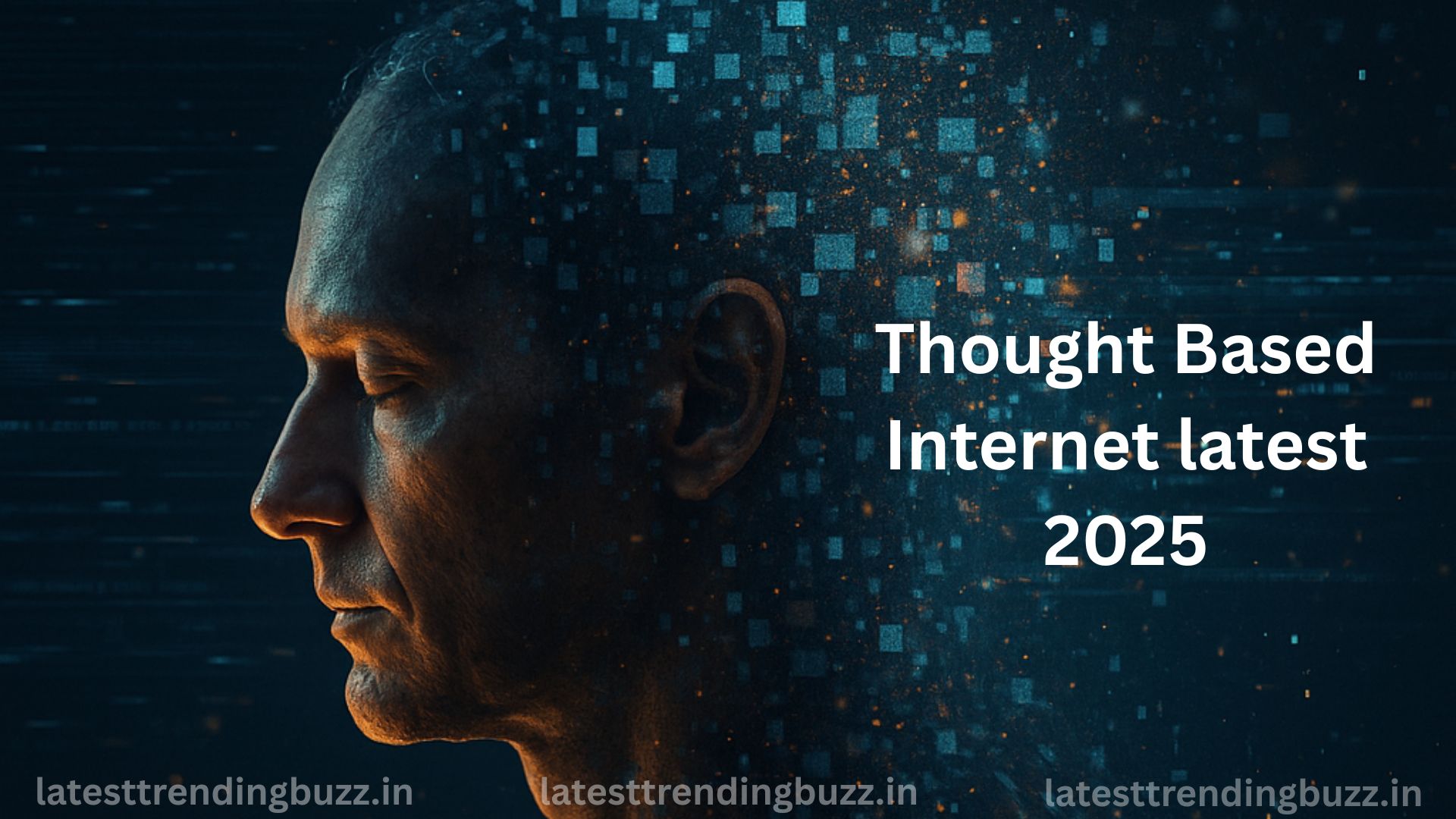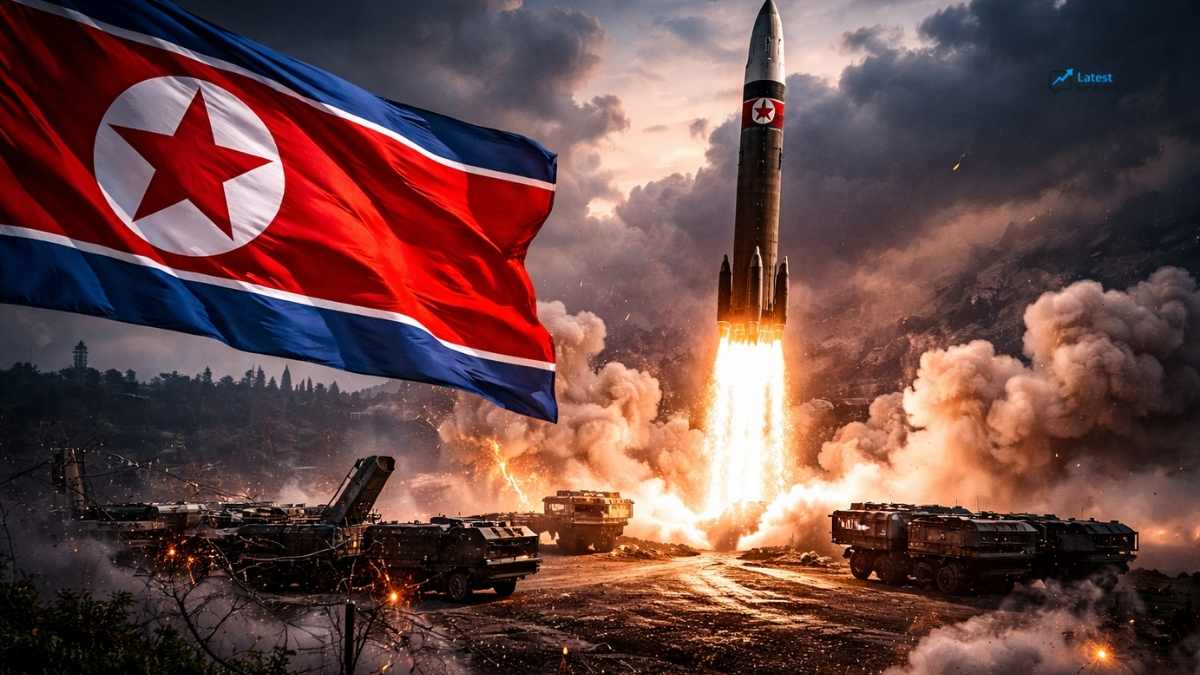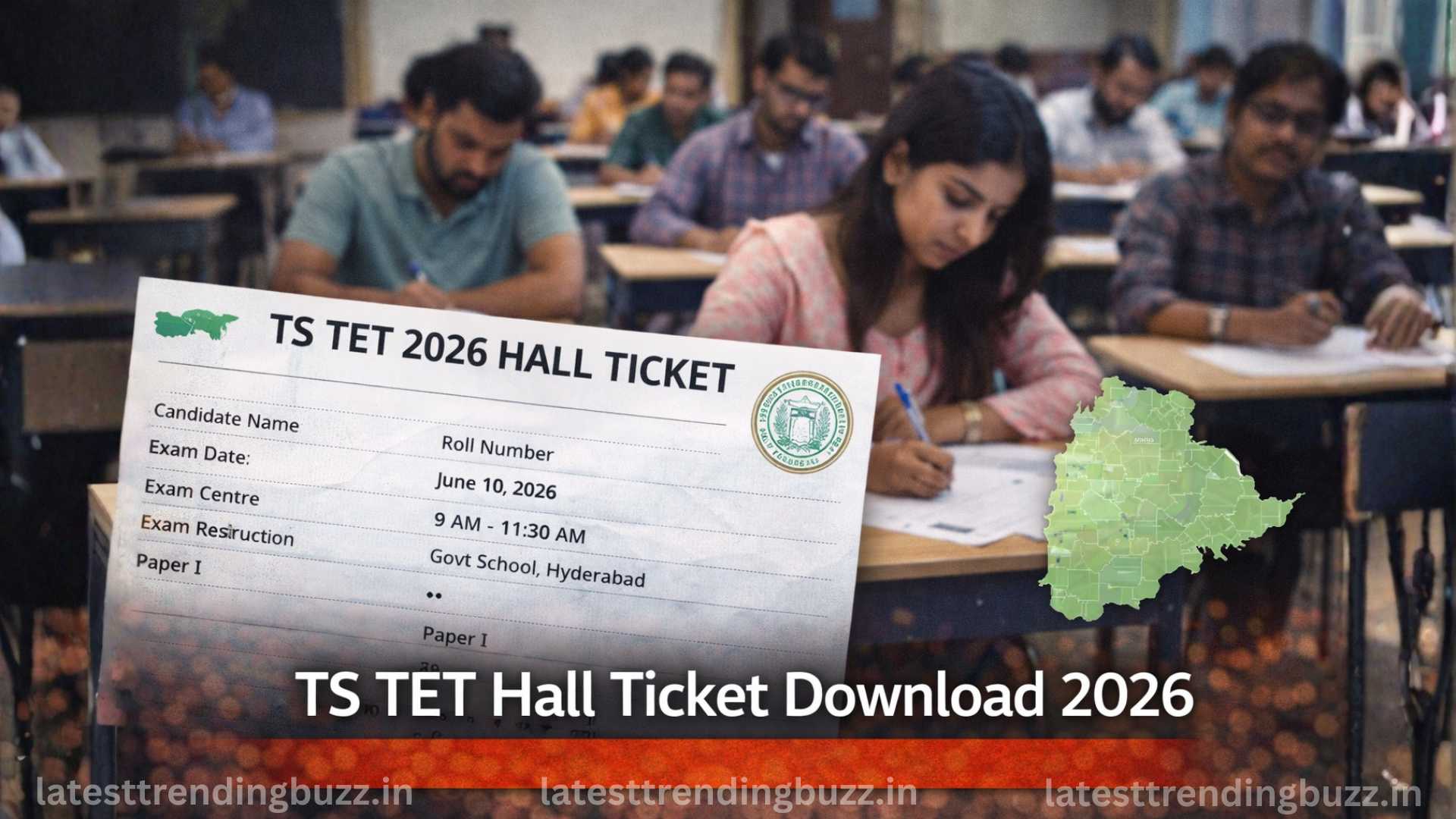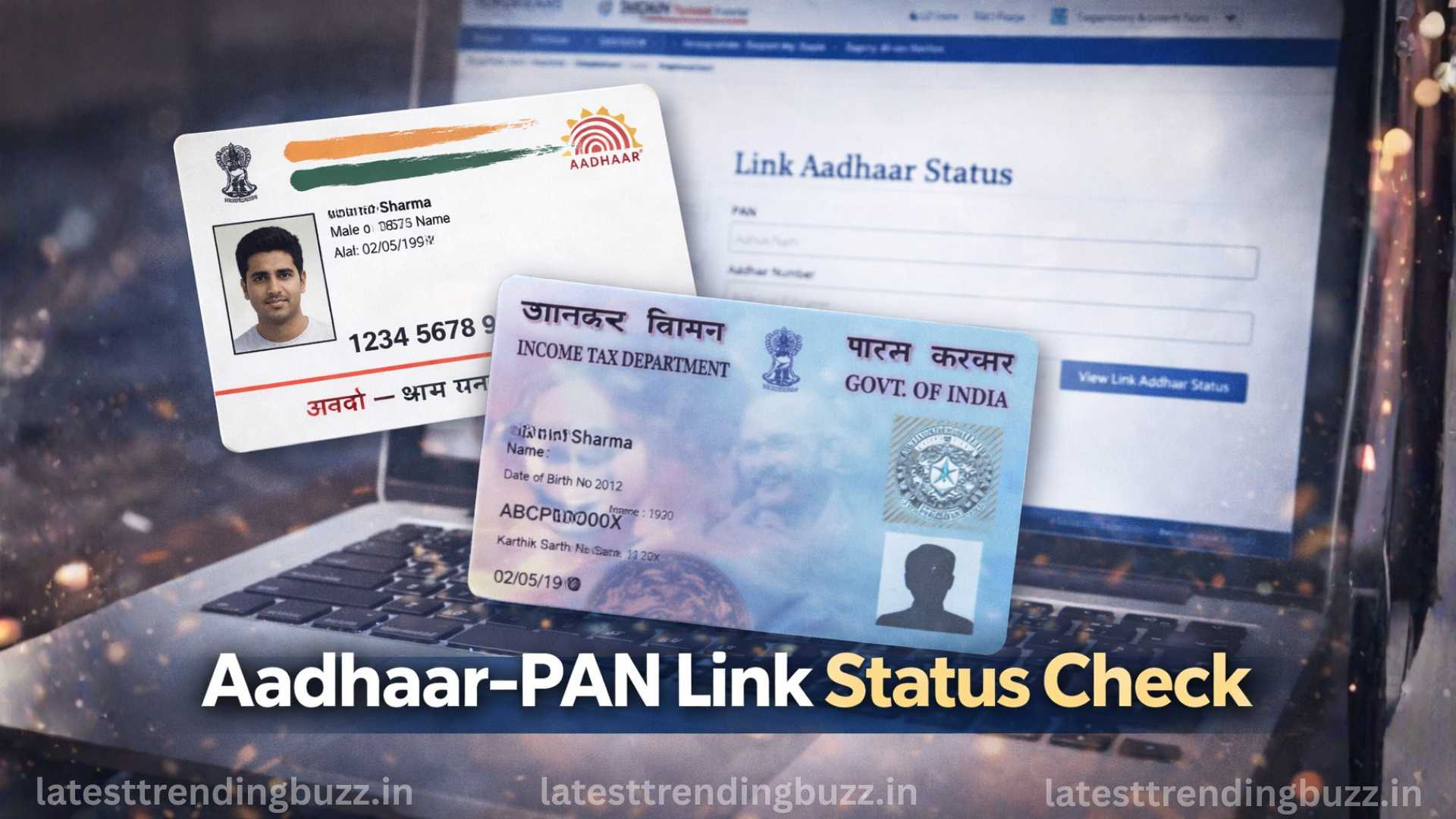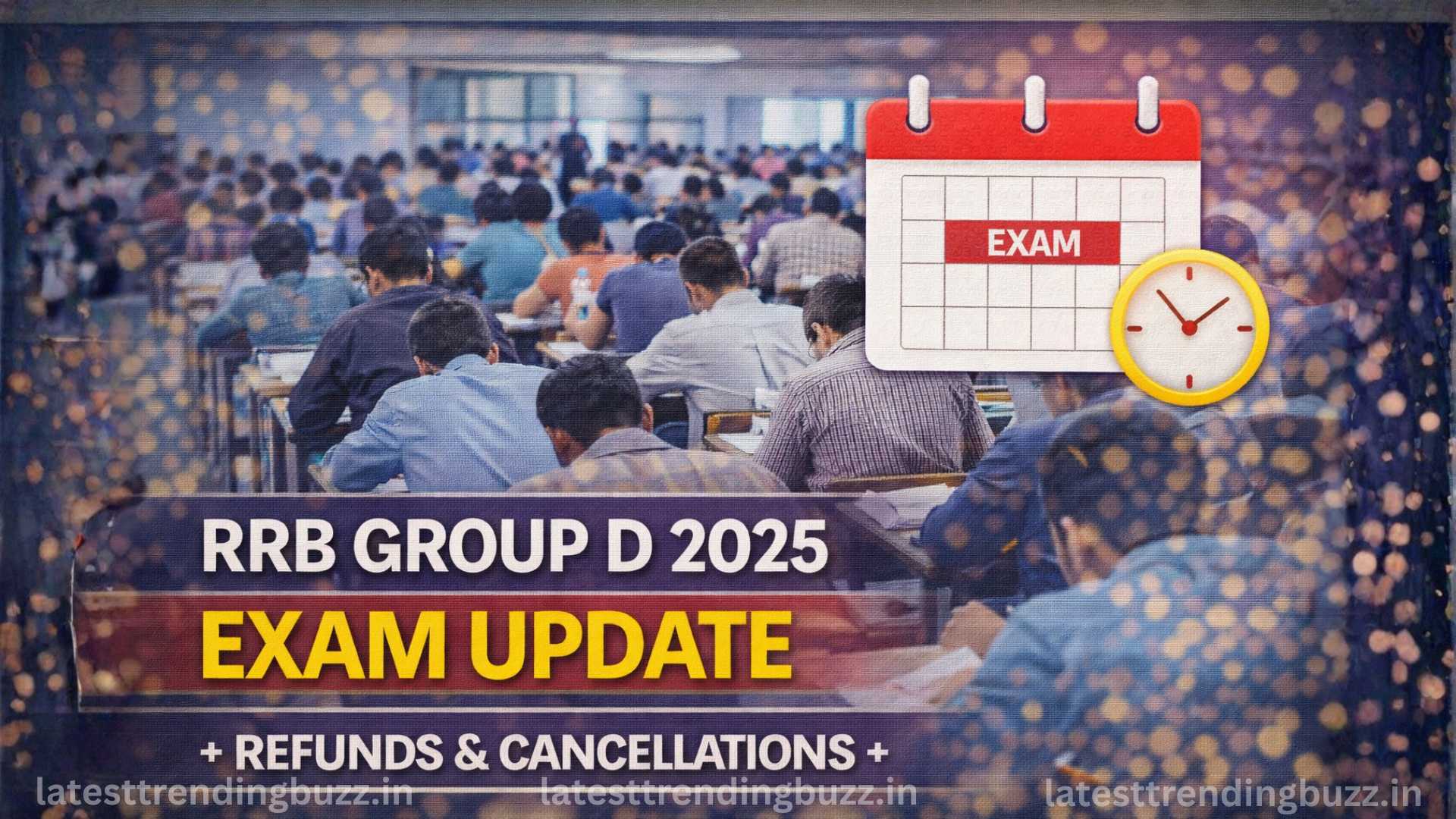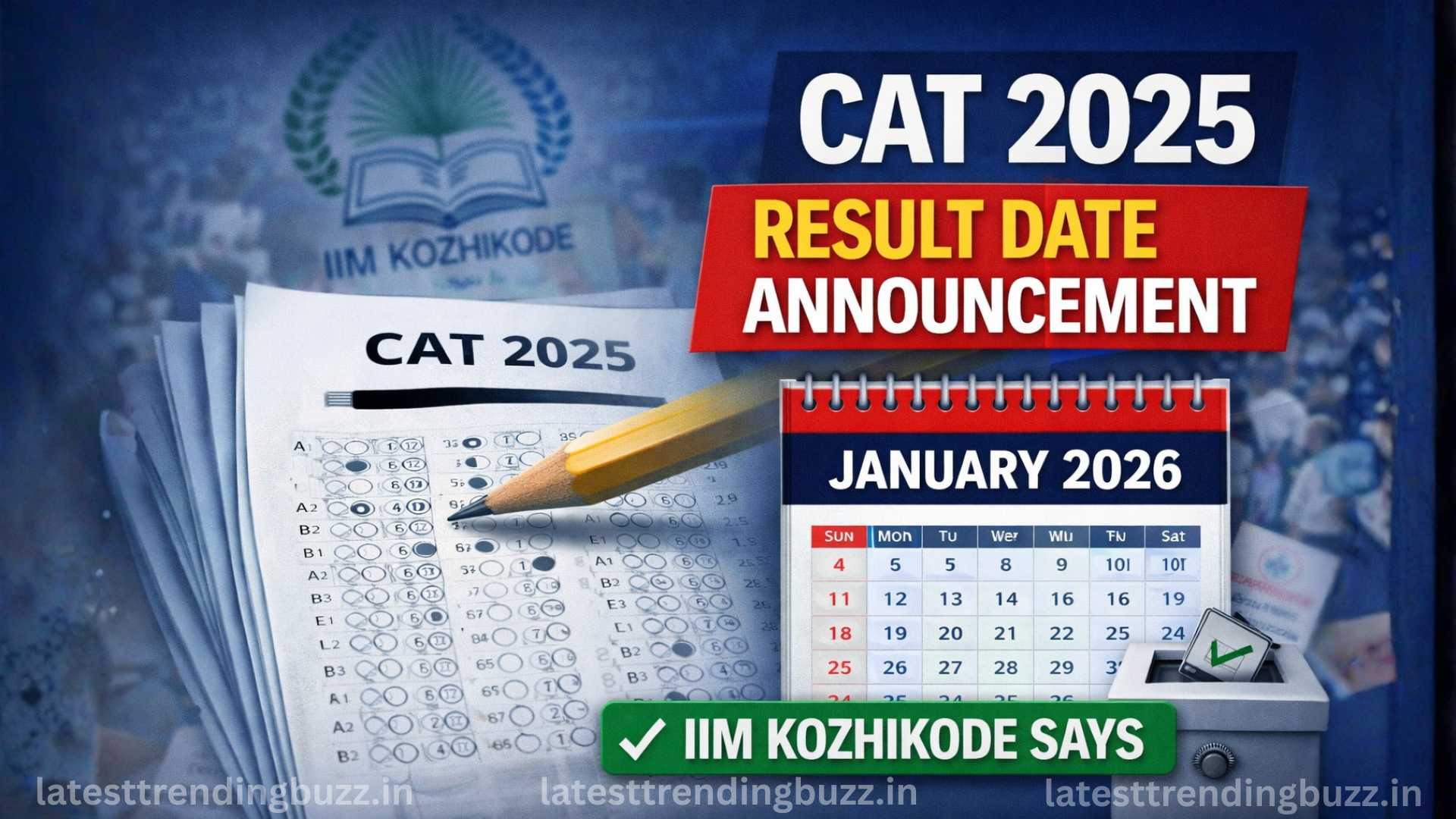Once upon a time, memory defined us. Our ability to recall faces, stories, experiences, and lessons was what made us human. But in 2025, our minds are no longer the libraries they once were — they’ve become search engines, constantly connected yet increasingly empty.
Welcome to The Death of Memory latest 2025, a silent psychological revolution unfolding in the shadow of our digital convenience. From smartphones that remember birthdays to AI tools that predict our thoughts, we are gradually outsourcing one of our most essential human abilities — remembering.
This is not just a technological shift. It’s an emotional and cognitive one. Our brains, rewired by algorithms and notifications, may soon lose the art of memory itself.
Why Memory Matters
Human memory is not just about storing facts — it’s about meaning. Every story, smell, and sound connects us to who we are. Memory shapes identity, personality, and empathy.
Psychologists have long said that remembering is a creative process, not a photographic one. We reconstruct, reinterpret, and feel our memories. But as digital systems begin to remember for us, The Death of Memory latest 2025 signals a deeper crisis: are we losing the mental exercise that keeps our identity alive?
When every answer is one Google search away, remembering becomes optional — and our minds grow passive.
How We Outsource Our Minds
We no longer carry knowledge; we carry devices that carry knowledge for us. Consider the following:
- We don’t remember phone numbers — our phones do.
- We don’t recall directions — GPS does.
- We don’t store birthdays, tasks, or appointments — reminders do.
- Even our photo albums are now algorithmic — showing us what we “should” remember.
This growing dependency reflects The Death of Memory latest 2025, where convenience has replaced cognitive effort. Our relationship with information has shifted from “knowing” to “accessing.”
Neuroscientists call this the Google Effect — when people are less likely to remember information they can easily find online. In short, we remember where to look, not what we saw.
The Psychological Impact of Forgetting to Remember
The Decline of Cognitive Exercise
Our brains, like muscles, grow weaker when not used. Memory recall strengthens the hippocampus — the brain’s center for learning and emotional connection. The constant reliance on digital recall weakens this process, subtly changing how we think.
The Death of Memory latest 2025 is not just about forgetting — it’s about the loss of deep focus and reflection. We no longer dwell on information; we skim, swipe, and scroll past it.
Emotional Disconnect
Memories aren’t just data points; they’re emotional anchors. When technology takes over the task of remembering, we risk losing the emotional resonance tied to personal experiences. A digital photo may preserve an image, but not the feeling behind it.
Also Read: The Rise of Thought Based Internet latest 2025: Will We Soon Browse the Internet
The Rise of “Digital Amnesia”
Kaspersky Lab coined the term digital amnesia — the tendency to forget information that’s stored on a digital device. Studies show that over 70% of people can’t recall a phone number they’ve dialed more than once. The Death of Memory latest 2025 has become a reality not through decay, but through dependence.
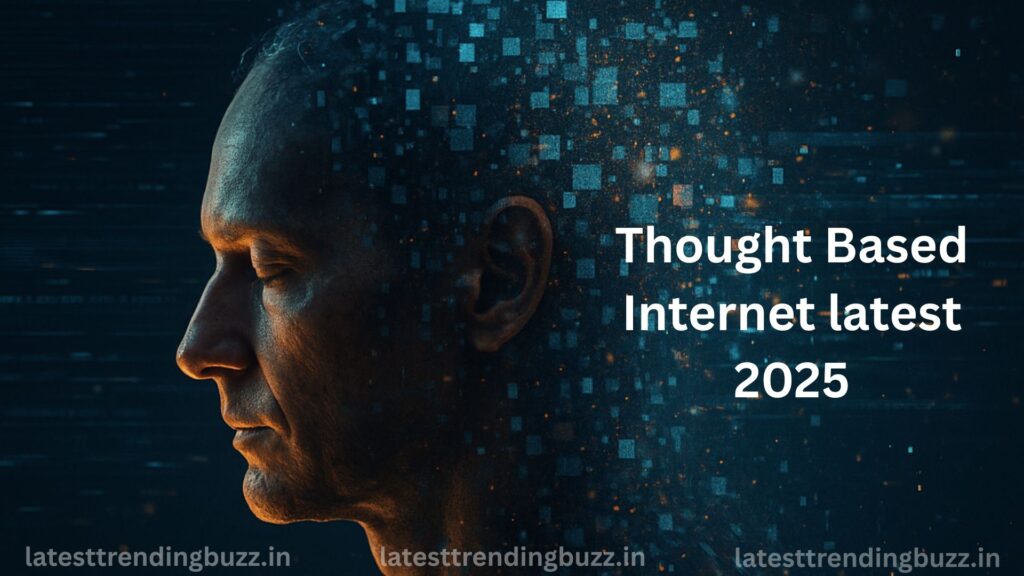
The Role of AI in Memory Erosion
Artificial intelligence has become the external brain we never knew we wanted. It remembers our preferences, predicts our needs, and even reminds us of our own emotions.
But this assistance comes at a cost. As AI systems curate what we see, remember, and revisit, they also influence what we forget. Algorithms decide what’s worth remembering — not us.
The The Death of Memory latest 2025 phenomenon shows how AI subtly takes over the act of prioritizing memories. We are moving from active recall to passive consumption, trusting machines to hold our pasts.
In India, AI-driven lifestyle apps, digital assistants, and memory trackers have quietly integrated into daily life. For many, Siri or Google Assistant is now the personal historian — a digital mind that knows us better than we know ourselves.
Cultural Shifts in the Age of Forgetting
Memory has always been tied to culture — through oral traditions, storytelling, and rituals. In India, memory was once sacred — from Vedic recitations to handwritten diaries. But today, social media timelines and cloud backups have replaced that sacred space.
The The Death of Memory latest 2025 isn’t just personal; it’s societal. When generations rely on devices for historical, linguistic, or cultural preservation, human continuity weakens. We no longer pass down stories — we pass down files.
Digital archives may preserve information, but they strip it of context, tone, and feeling. Culture turns into content — searchable but soulless.
Why the Human Brain Still Matters
Despite this transformation, our natural memory remains irreplaceable. Unlike machines, the human brain connects memories to emotions, decisions, and moral understanding.
Remembering pain teaches compassion. Remembering mistakes teaches wisdom. Remembering love teaches empathy.
In The Death of Memory latest 2025 era, technology can store infinite data — but only humans can attach meaning. Neuroscientists remind us that forgetting is also vital. It filters noise, allowing focus and creativity. If AI remembers everything for us, we may drown in details and lose the essence of experience.
The Future: Will We Relearn to Remember?
Ironically, technology may also hold the key to reviving memory. Brain-computer interfaces, neural prosthetics, and memory-enhancing wearables could one day strengthen recall instead of replacing it.
Projects at IIT Delhi and Stanford are experimenting with neural reinforcement — using AI to stimulate natural memory patterns rather than override them. The next evolution of memory tech may not be storage, but synthesis — helping humans remember meaningfully.
The question is whether we’ll choose to use it to empower the mind or replace it completely. The Death of Memory latest 2025 can still be reversed — if we rediscover the joy of remembering.
Also Read: The End of Smartphones latest 2030: What Comes After Phones in 2030?
How to Reclaim Your Memory in the AI Age
- Practice Recall: Try remembering facts or details before searching online.
- Journal by Hand: Writing engages deeper cognitive processing than typing.
- Disconnect Regularly: Spend time away from devices to rebuild internal focus.
- Use Memory Games: Stimulate your brain with recall exercises and puzzles.
- Engage Emotionally: Associate experiences with feelings — this strengthens long-term memory.
Reclaiming memory isn’t about rejecting technology. It’s about using it consciously, ensuring that human experience doesn’t fade into algorithmic archives.
FAQs about The Death of Memory latest 2025
Q1: What does “The Death of Memory latest 2025” mean?
A: It refers to the psychological and social shift where humans rely on AI and devices instead of natural memory, leading to mental dependence on technology.
Q2: Is our memory really getting weaker?
A: Studies show reduced recall ability due to overreliance on digital storage — a phenomenon known as digital amnesia.
Q3: How does AI contribute to memory loss?
A: By outsourcing storage, recall, and reminders to machines, we stop exercising the cognitive processes that strengthen memory.
Q4: Can we reverse The Death of Memory latest 2025?
A: Yes. Practicing recall, journaling, and conscious digital use can help restore natural memory function.
Q5: Why is this topic important in India?
A: India’s young, tech-first generation faces high digital dependency, making awareness about memory health crucial.
Conclusion
The Death of Memory latest 2025 is not a tragedy — it’s a wake-up call. In outsourcing our thoughts, we risk outsourcing our humanity.
As technology grows smarter, remembering will become an act of resistance — a way to preserve our individuality in a world of automation. The mind that remembers is still the most advanced machine ever built, and no AI can replace the emotional intelligence that memory brings.
If the 20th century taught us to think, the 21st must teach us to remember again.
Disclaimer
This blog is for informational and educational purposes only. Data, trends, or forecasts may change with time. Readers are advised to verify details from official or trusted sources before making conclusions or decisions.

